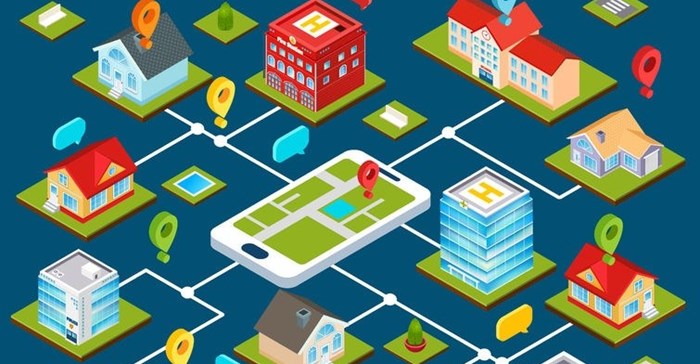
Top stories






More news






Marketing & Media
Prisa's Bradley Howland: The importance of professional associations






They touch on almost every aspect of public life: basic service delivery (like water, electricity and sanitation), healthcare, public transport, security and surveillance, traffic management, education, energy-efficient buildings, and technology-driven payment systems.
A smart city integrates various municipal departments, connected by innovative technologies, giving citizens access to public services with ease and low cost. In this way, the smart city vision promises to fuel economic development, increase levels of citizen participation, and lead to a high quality of life for all.
In South Africa, our urban hubs are characterised by some unique aspects - most notably the fact that many residents live some distance from the actual town and city centres. This results in local governments struggling to cost-effectively provide certain basic services to these regions.
We have also seen a dramatic increase in the numbers of urban residents versus rural residents in the past few decades. This has placed stresses on municipalities and urban planners, as they struggle to keep up with the influx of new people to SA's major metros.
Urbanisation is, in fact, a global trend. The United Nations predicts that the world's urban population will reach 6.3 billion people by 2050 - an astonishing 72% increase from the 3.6 billion that were recorded in 2011.
Smart metering platforms provide a starting point for constructive initiatives to take place.
In the context of the smart city vision, some of the biggest advantages to smart metering platforms include:
Smart metering is an ideal starting point for cities that are looking to embrace the smart city concept. It provides a way for local government to demonstrate the opportunities that are now available through smart components (such as a smart meters), combined with cloud based platforms, sophisticated analytics engines, and online interfaces to present data directly to individual citizens.
Smart platforms enable the regular supply of services to all citizens - by minimising power outages, enacting load balancing and load-limiting, enabling variable pricing for different times of the day, and different sectors of the population, and detecting leakages in water pipelines or power losses in electricity networks.
In this way, smart metering platforms further one of the central tenets of the new South Africa: inclusivity. By enabling the efficient distribution of electricity and water services to all sectors of the urban population, all citizens are able to participate in their cities, and their countries, economic development.
